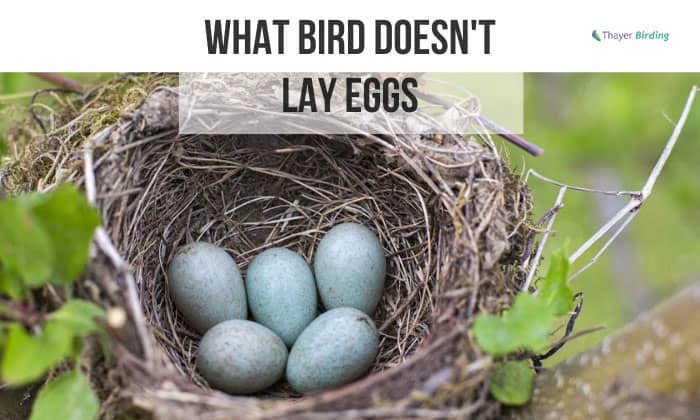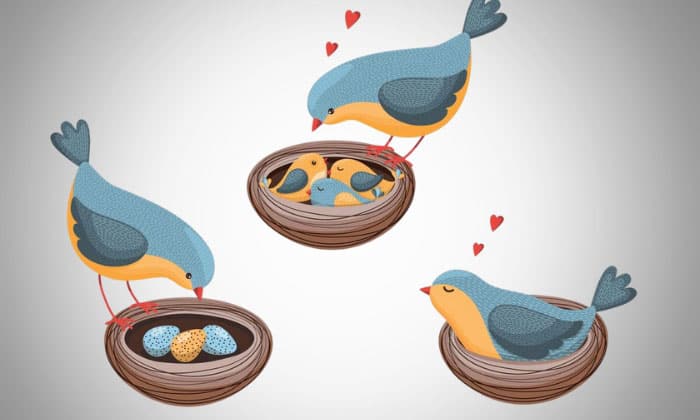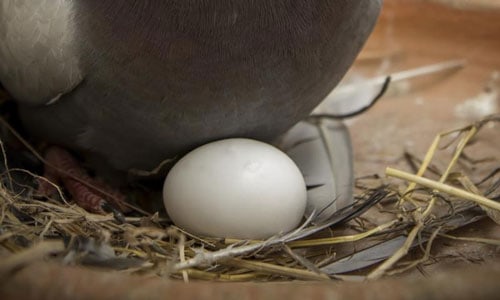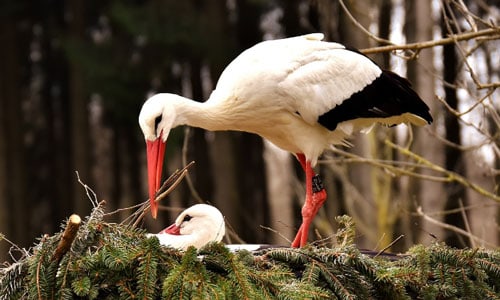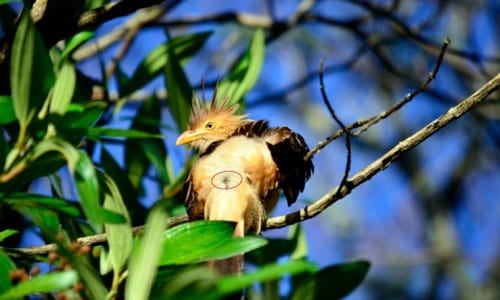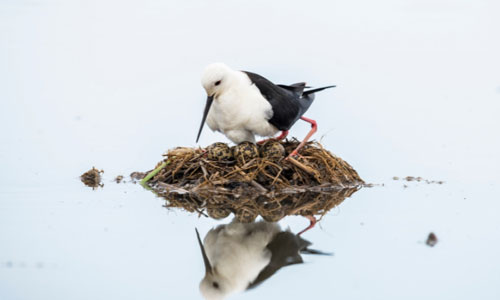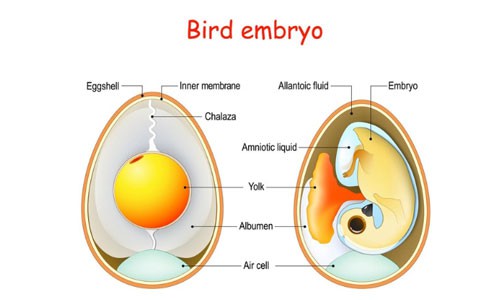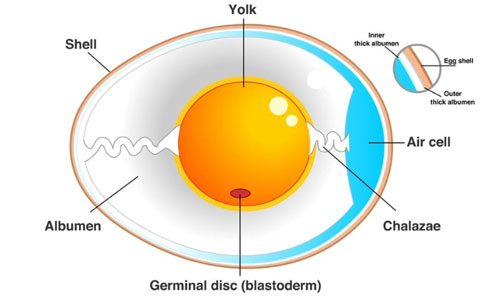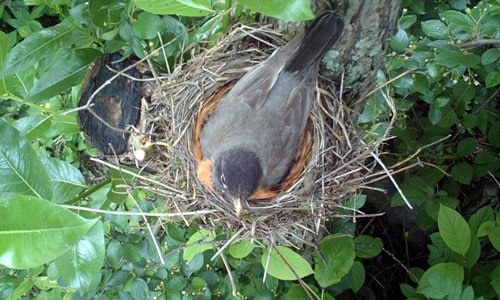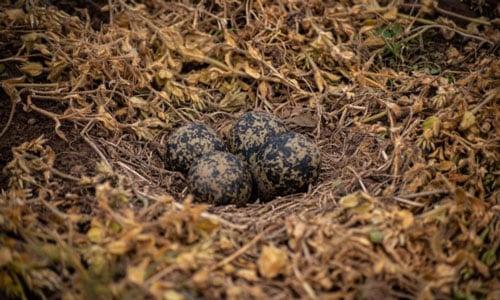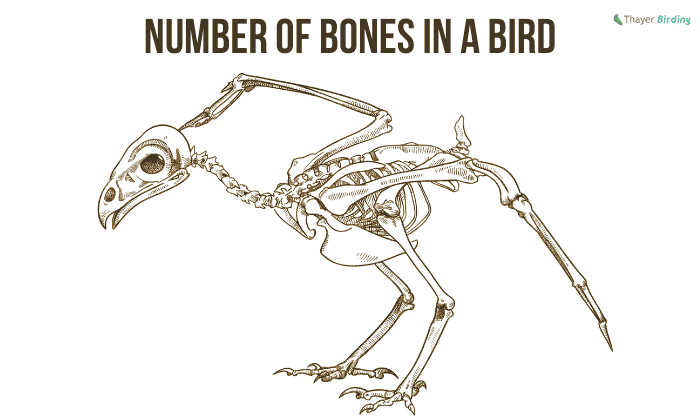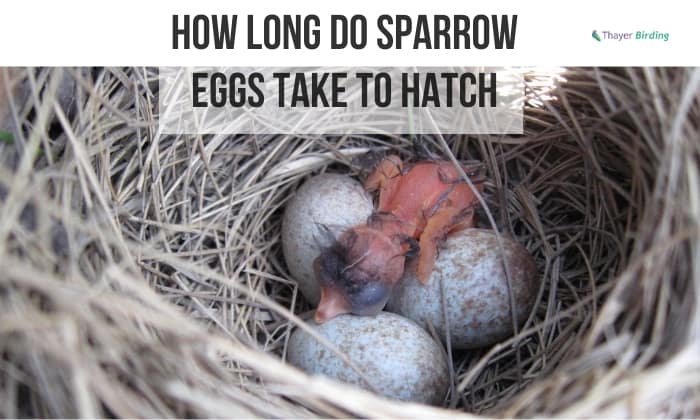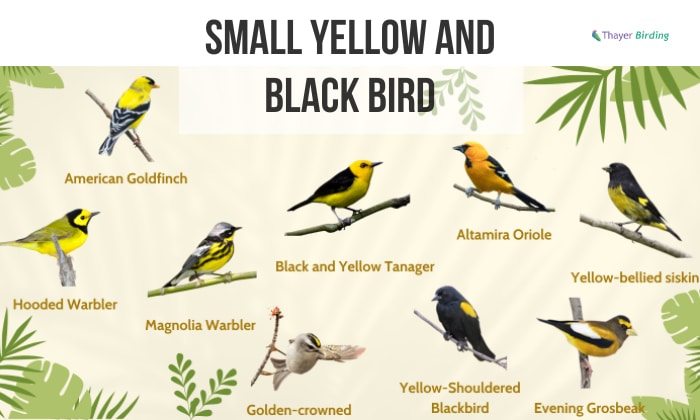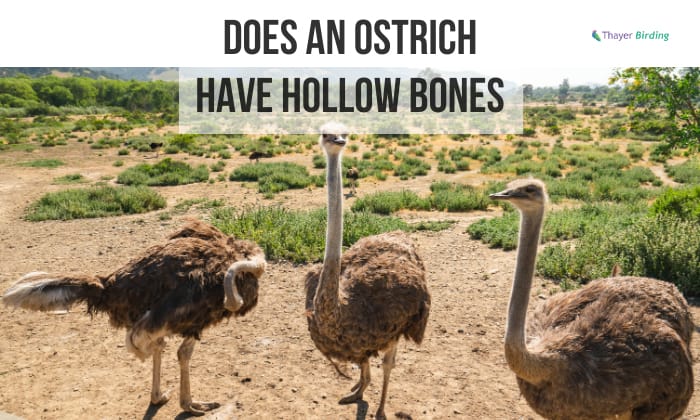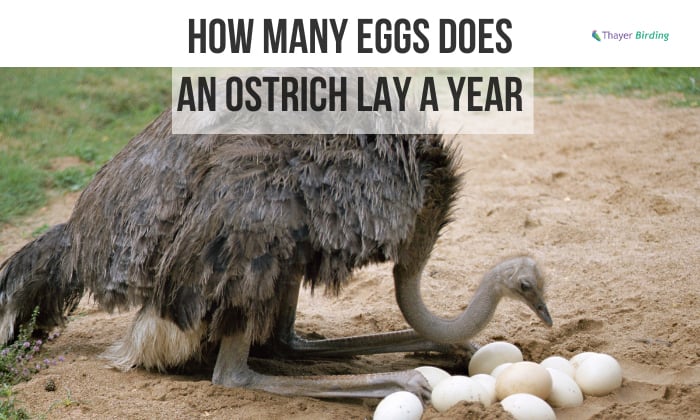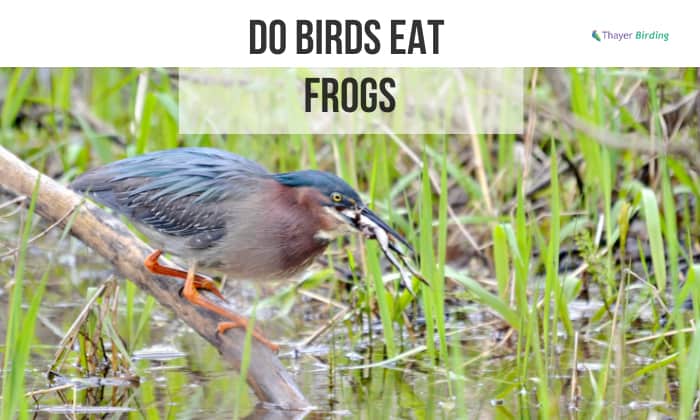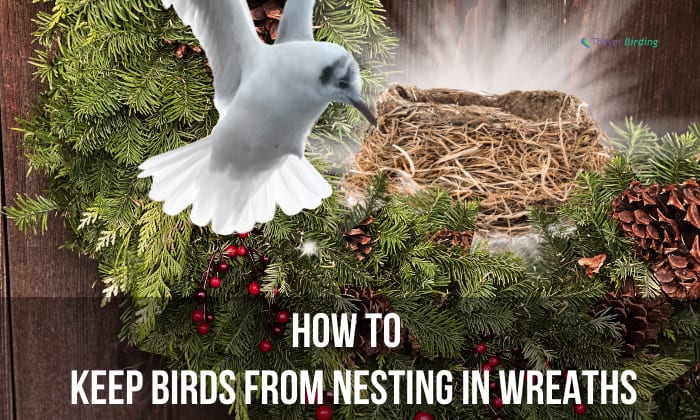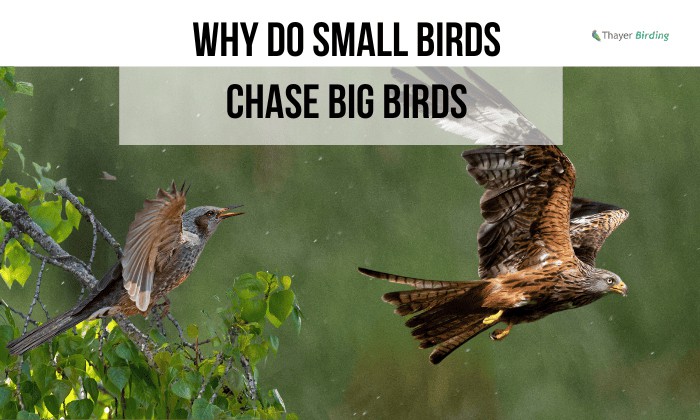We have always assumed that birds lay eggs but do you know what bird doesn’t lay eggs? All species of birds lay eggs as means of reproduction but the only ones capable of this are female birds. The question is tricky but if you are a stickler for facts then the answer is: male birds don’t lay eggs.
In this captivating article, we explore the intriguing world of birds and how they reproduce and lay eggs. Read on to know more!
Table of Contents
Overview of Bird Reproduction Methods
Birds are oviparous animals which means that their offspring develop inside an egg and are hatched outside their bodies.
Fertilization of oviparous animals may occur internally or externally but the former is the usual method.
Among birds, sexual reproduction is done through internal fertilization. This happens when a male bird deposits its sperm via its cloaca to the female bird and fertilizes the egg in the oviduct. This process is usually referred to as the “cloacal kiss.”
Once the ovum is fertilized, it will develop into an embryo inside the egg structure. Birds lay eggs after mating, so most parent birds will prepare their nests in anticipation of this. The egg is laid even if the embryo is not yet fully developed. Incubation is necessary for the young birds to develop fully before they hatch.
Common Misconceptions About the Reproductive Process in Birds
1. All Birds Lay Eggs
All species of birds lay eggs, but only the females can lay eggs. So, if you see a bird laying an egg, it is most likely a female bird! A common question asked by some is if the peacock lays eggs. A peacock is a male, so it doesn’t lay eggs. Only the female, which is called a peahen, lays eggs.
But then you may ask, can a bird lay eggs? Yes, female birds can lay eggs in the absence of a mate, but these unfertilized eggs will not hatch as a live chick. The hormones in the body of the bird can stimulate egg production in birds even without male copulation and fertilization.
2. All Birds Build Nests
While many bird species construct nests to lay and incubate their eggs, not all birds build nests, and some may lay their eggs directly on the ground or on rocky surfaces without building an elaborate nest.
3. Birds Mate for Life
While some bird species form long-term pair bonds and may mate for life, it’s not true for all birds. Although the percentage of bird species that are socially monogamous is high at 95%, many species exhibit different mating behaviors, and some may have multiple mates throughout their lives.
4. All Birds Have External Genitalia
Most bird species, unlike mammals, do not have external genitalia. Instead, they have a cloaca, a single opening used for excretion, mating, and laying eggs. During mating, male and female birds briefly touch the cloaca to transfer sperm.
Some birds do have external genitalia and lack the cloaca. Examples of these birds are swans, geese, and ducks. Male birds of these species have a phallus similar to a penis which they insert into the female when they deposit their sperm during mating.
5. Only the Female Can Incubate the Eggs
It is common to see a single bird, usually female, sitting on the clutch until they hatch, but some species share this responsibility or co-parenting with their male partners.
For monogamous species of birds such as the African Common Waxbill, the incubation duties are shared by both parents, so both male and female parent birds sit on the eggs together, or some do it alternately. Male woodpeckers also incubate the eggs at night to allow the females to sleep.
Significance of Egg-laying in Birds
1. For Reproduction
Egg-laying is the primary method of bird reproduction. It allows birds to produce offspring in a safe and protective environment. The eggs contain all the necessary nutrients and protection for the developing embryos, ensuring the species’ survival.
2. Protection of the Young
Eggs provide a secure environment for the developing embryos. The hard shell of the egg acts as a protective barrier, shielding the baby bird from physical harm and potential predators. Additionally, bird parents incubate the eggs by sitting on the nest, maintaining an optimal temperature and humidity level, further ensuring the survival of the developing embryos.
3. Mobility and Nesting Advantages
Birds’ ability to lay eggs makes them highly adaptable in choosing nesting locations. Depending on their species and habitat, birds can build nests in trees, on cliffs, in burrows, man-made structures or even on the ground. This adaptability enables them to thrive in diverse environments, expanding their distribution and ecological niches.
4. Parental Investment
Laying eggs allows birds to invest in their offspring’s well-being. After laying the eggs, most bird species take turns incubating them to keep them warm and safeguard them from predators. This parental care increases the likelihood of the chicks’ survival once they hatch.
5. Camouflage
Bird eggs often have camouflage patterns or colors that help them blend into their surroundings. This evolutionary adaptation makes it harder for predators to detect the eggs, increasing the chances of successful hatching and survival.
Conclusion
Laying eggs is a fundamental aspect of the female bird’s bird biology, offering a range of benefits such as efficient reproduction, protection of the developing embryos, adaptability in nesting locations, camouflage, and facilitating parental care.
These factors have played a crucial role in the evolutionary success and diversity of bird species around the world. Although males don’t lay eggs some of them do take part in nesting, incubation and even raising the young which is no mean feat.
Now that you know what bird doesn’t lay eggs and so much more about birds, share this article with your bird-loving friends!

George and I became friends after a birdwatching trip with our new group. And we have been enjoying every adventure together. When he told me the idea of establishing a site that shares our experiences and fun, I immediately agreed. After trials and errors, here we have Thayerbirding.


